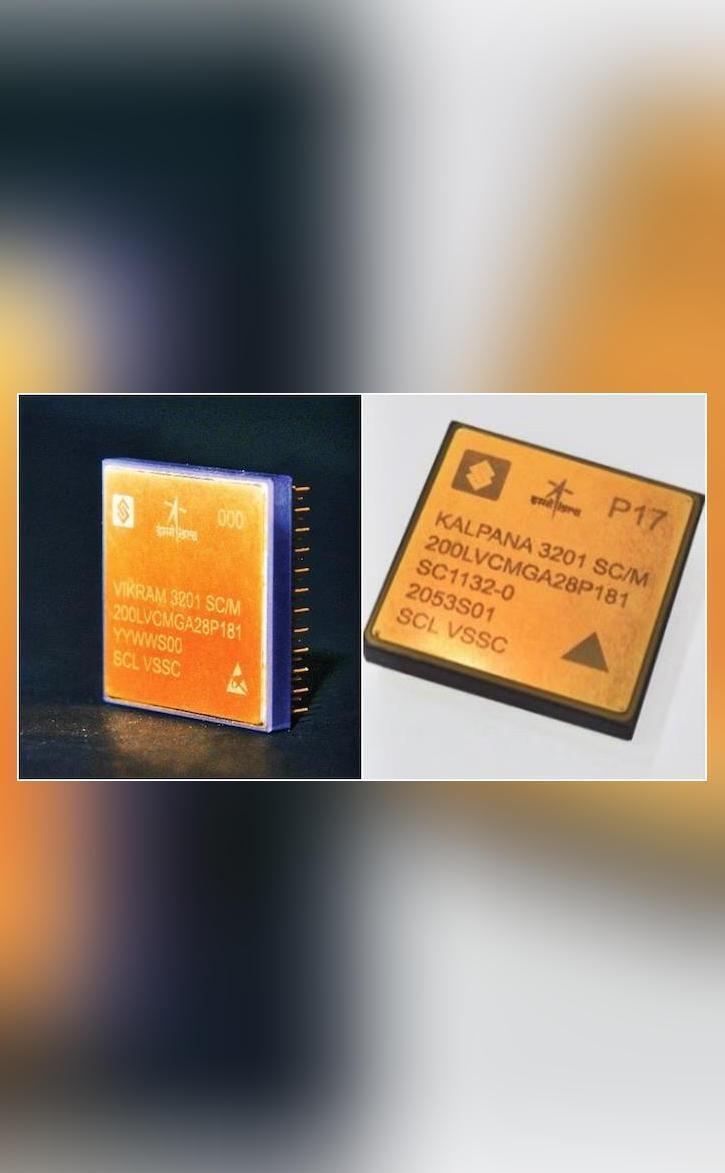
ISRO & SCL Develop 32-bit Microprocessors for Space Applications
In a significant achievement, the Indian Space Research Organisation (ISRO) and the Semiconductor Laboratory (SCL) in Chandigarh have jointly developed two 32-bit microprocessors, VIKRAM3201 and KALPANA3201, specifically designed for space applications. The development of these microprocessors marks a major milestone in India’s efforts to indigenize its space technology and reduce its dependence on foreign components.
VIKRAM3201 is the first fully “Make-in-India” 32-bit microprocessor that has been qualified for use in the harsh environmental conditions of launch vehicles, ISRO said in a statement. The microprocessor has been designed and developed by a team of engineers and scientists at SCL, in collaboration with ISRO’s Space Applications Centre (SAC).
The VIKRAM3201 microprocessor is a high-performance, radiation-tolerant processor that is designed to operate in the extreme temperatures and radiation environments encountered during space missions. It features a 32-bit architecture, a clock speed of up to 200 MHz, and a power consumption of less than 1 watt. The processor’s radiation tolerance makes it an ideal choice for use in satellite systems, launch vehicles, and other space-based applications.
The KALPANA3201 microprocessor, on the other hand, is a 32-bit, low-power processor that is designed for use in space-based applications such as satellite payloads and small satellites. It features a clock speed of up to 100 MHz and a power consumption of less than 0.5 watts. The processor’s low power consumption and high performance make it an attractive choice for use in small satellites and other space-based applications where power consumption is a critical factor.
The development of these microprocessors is a significant achievement for ISRO and SCL, as it marks a major step towards indigenization in India’s space technology sector. The use of indigenous microprocessors in space applications will not only reduce India’s dependence on foreign components but also enable the country to develop its own space technology and systems.
In recent years, ISRO has made significant strides in its efforts to indigenize its space technology sector. In 2017, the organization successfully launched the PSLV-C37 mission, which carried 104 satellites into orbit, including the Cartosat-2 series satellite. The mission was a major success for ISRO, and it demonstrated the organization’s capability to launch large numbers of satellites into orbit using its PSLV launch vehicle.
In 2020, ISRO launched the Chandrayaan-3 mission, which aimed to soft-land a rover on the surface of the Moon. The mission was a major success for ISRO, and it marked a significant milestone in the country’s efforts to explore the Moon and other celestial bodies.
The development of the VIKRAM3201 and KALPANA3201 microprocessors is a significant achievement for ISRO and SCL, and it marks a major step towards indigenization in India’s space technology sector. The use of indigenous microprocessors in space applications will not only reduce India’s dependence on foreign components but also enable the country to develop its own space technology and systems.
In conclusion, the development of the VIKRAM3201 and KALPANA3201 microprocessors by ISRO and SCL is a significant achievement for India’s space technology sector. The microprocessors are designed and developed specifically for use in space applications, and they feature advanced radiation tolerance and low power consumption. The development of these microprocessors marks a major step towards indigenization in India’s space technology sector, and it will enable the country to develop its own space technology and systems.






